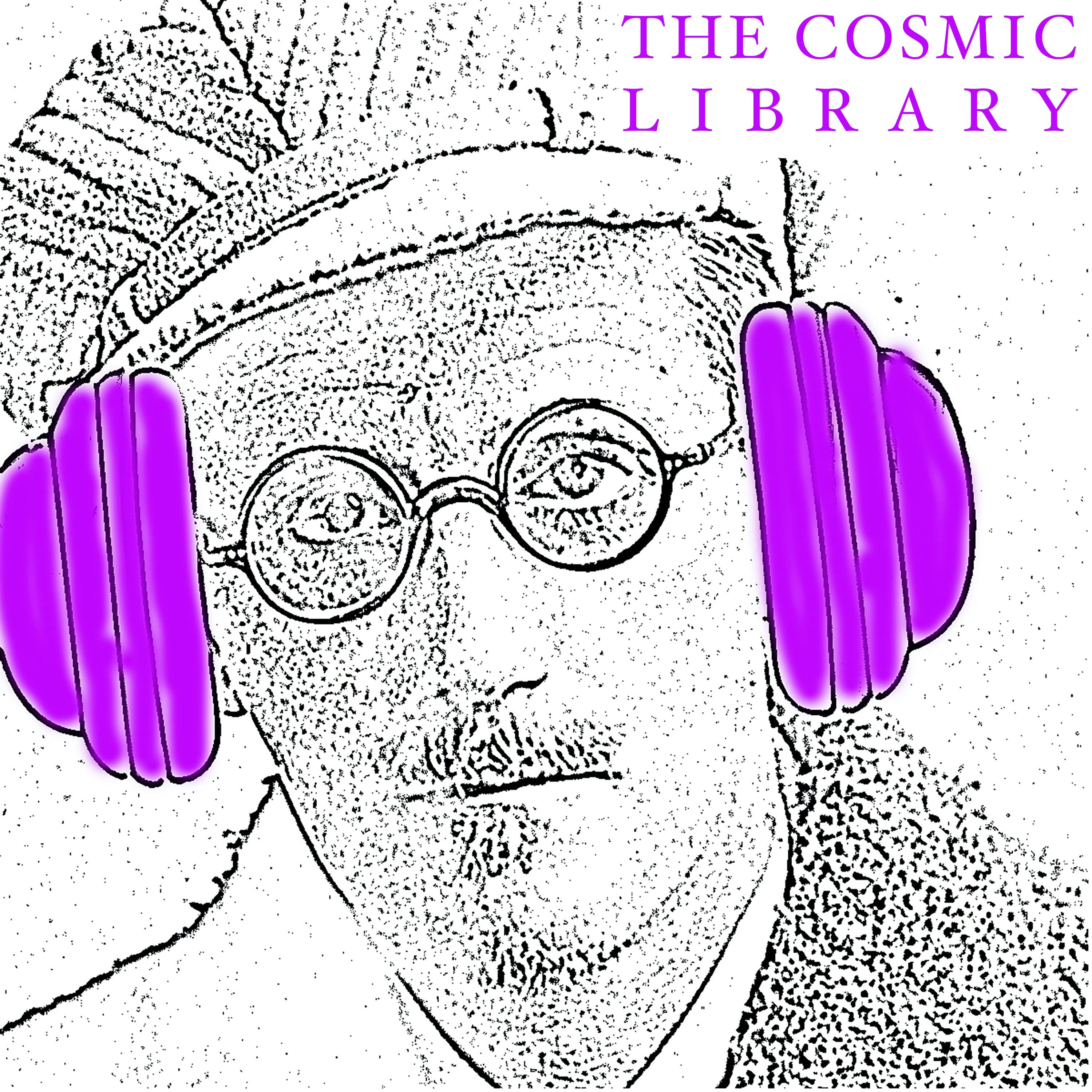Episodes
Some of Finnegans Wake’s canniest readers, like guest Olwen Fouéré, don’t read the whole thing. That makes sense, too, considering that the book is itself incomplete: the last line doesn’t end, has no period. You’re left with a book that cannot conclude itself, that avoids coherence. So what are all these words doing, if not communicating? In part, they’re making music. They’re an experiment with language’s sounds.
Joyce obsessed over such sounds, including the sound linkages that connect...
Published 04/29/21
Think of your most obscure, private, family chatter—some combination of baby-talk and nicknames and reiterations of the same concerns or jokes. It wouldn’t make sense to outsiders, but it makes a special kind of sense to you. It’s language that communicates in a highly local way, and not at all in other ways. And yet: everyone sort of knows how this language works. In Finnegans Wake, that private language converges, even, with broadly recognizable mythic language. We’re reading about a...
Published 04/22/21
The “wake” in Finnegans Wake means both a joyous funereal gathering (here Joyce invented the word “funferal”) and a rising from sleep. But it also suggests the wake that follows movement through water. The book’s language, while dreamy and ceremonial, is also material, and often watery. This is appropriate, because like dreams, water brings us into an ongoing process of expansive life. Cosmically expansive, even. Alok Jha says in this episode that while we’re mostly water-beings on a planet...
Published 04/15/21
Finnegans Wake—a book of rebirth and reawakening—finds its engine for rejuvenation in dreaminess. This matches what neuroscientists tell us: sleeping and dreaming are regenerative, intellectually and physiologically. Dr. Jade Wu, a sleep specialist at Duke University, tells us in this episode, “Sleeping is actually a very very active state of the brain, and there’s a lot of life-affirming things happening. For example, the growth hormones are being released . . . your brain is literally...
Published 04/08/21
James Joyce’s Finnegans Wake doesn’t work like other novels. It has lines like: “What clashes here of wills gen wonts, oystrygods gaggin fishy-gods!” In some ways, this makes the book almost impossible to read. H.G. Wells told Joyce, “You have turned your back on common men — on their elementary needs … What is the result? Vast riddles.” The Wake doesn’t have to be difficult, though; you don’t have to read it as a collection of unsolvable riddles. In Finnegan and Friends, we don’t regard the...
Published 04/01/21
Prepare for our five-part series about the most mystifying book ever written: James Joyce’s Finnegans Wake. With a range of guests—including a novelist, an actor, a sleep specialist, a philosopher, and several Joyce scholars—Finnegan and Friends follows tangents inspired by Joyce’s novel of dreamy strangeness. We discover, along the way, that the Wake’s infinite complexity comes from attention to our most simple, elemental experiences (of dreams, of water, of local and familiar language)....
Published 03/24/21


